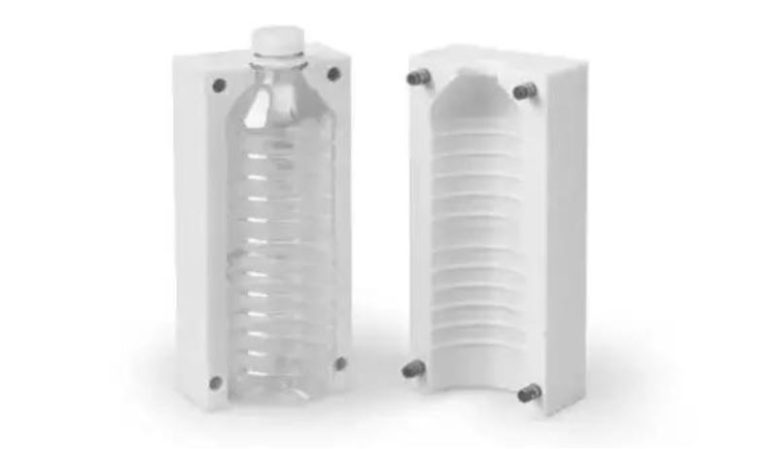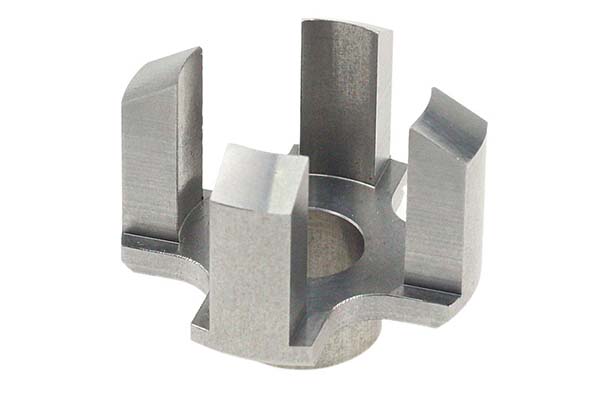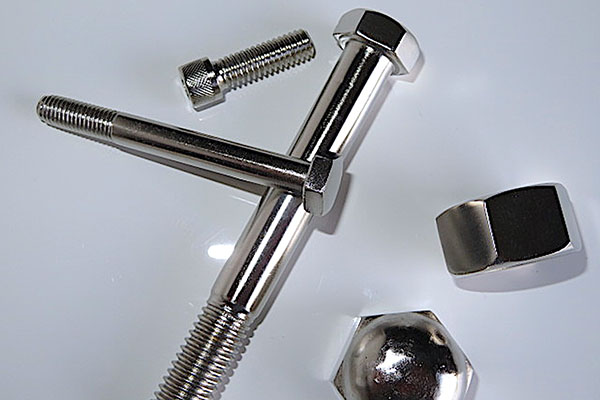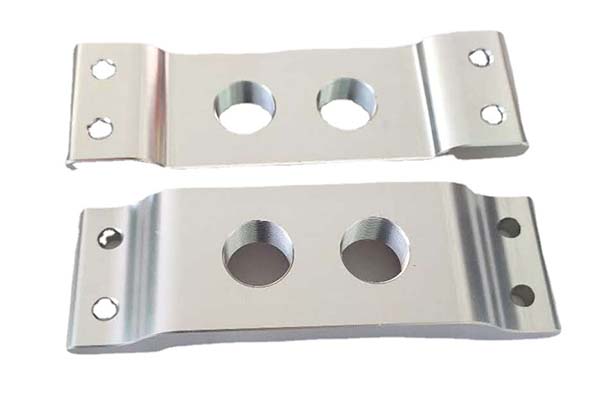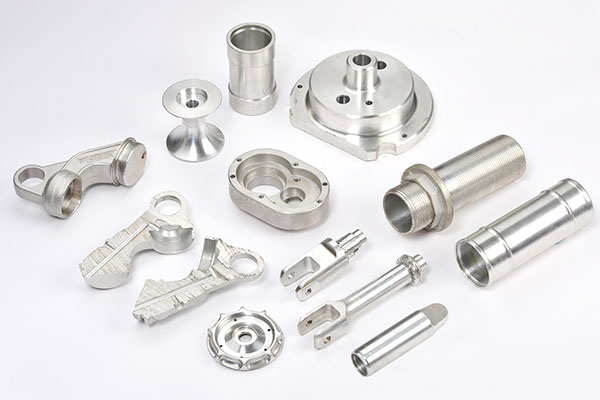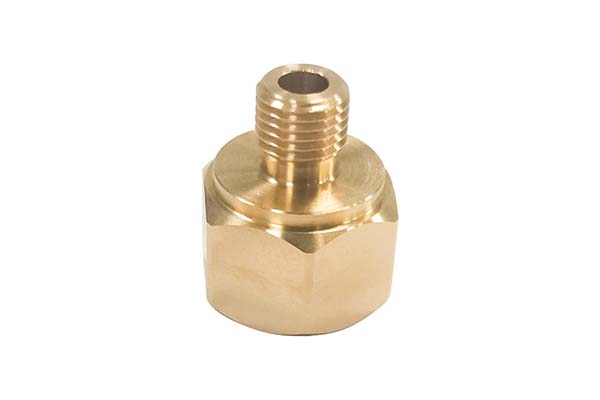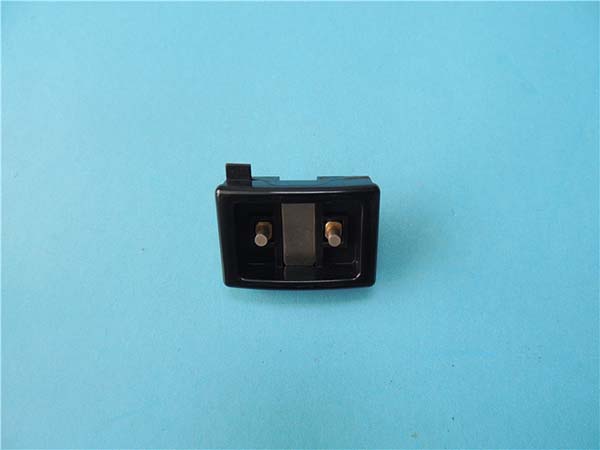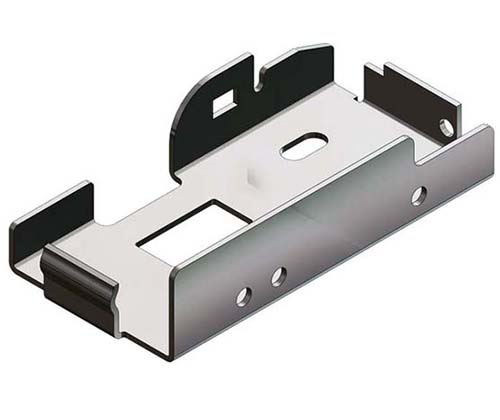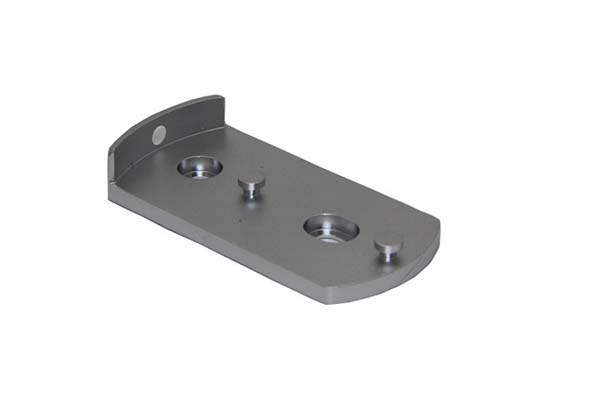Introduction
In the realm of product development, finding reliable prototype shops near you can be a game - changer. Whether you're an entrepreneur with a groundbreaking product idea, an engineer in the middle of a complex project, or a student working on an innovative design, the proximity and quality of prototype shops matter a great deal.
The importance of local prototype shops lies in the efficiency and cost - effectiveness they can offer. Local access means shorter lead times, easier communication, and potentially lower shipping costs. You can visit the shop in person, discuss your project details face - to - face, and closely monitor the progress of your prototype. This hands - on approach can lead to better - quality prototypes that more accurately meet your requirements.
However, the challenge is knowing how to identify the best prototype shops in your area. There are numerous factors to consider, from the services they offer and the materials they work with to their expertise and customer reviews. This article is here to help you solve this problem. We'll explore different aspects of finding the right prototype shops near you, providing you with the knowledge and tools to make an informed decision.
How to Find Prototype Shops Near You
Finding the right prototype shops near you doesn't have to be a daunting task. There are several effective methods you can use.
Online Search
The internet is a vast resource for finding local prototype shops. Search Engines: Start with a simple search on Google, Bing, or Yahoo. Use specific keywords like "prototype shops near me" along with any additional details such as the type of prototypes you need (e.g., "3D printed prototypes near me", "metal prototype shops in [your city]"). This will provide you with a list of relevant shops in your area, often with customer reviews and ratings. For example, if you're in San Francisco and need 3D printed prototypes, a search like "3D printed prototypes near San Francisco" can yield a range of local providers.
Social Media: LinkedIn, Twitter, and Facebook can also be helpful. Join relevant groups or communities, such as "Product Development Professionals" on LinkedIn. You can post a query asking for recommendations of prototype shops in your area. Many professionals are happy to share their experiences and suggestions.
Local Business Directories
Yellow Pages: The traditional Yellow Pages, both in print and online versions, list businesses by category and location. You can look under "Prototyping Services" or related headings. The advantage of using Yellow Pages is that it provides a comprehensive list of local businesses, including smaller, lesser - known shops that might not show up prominently in online searches. However, the information might not always be as up - to - date as online search results, and it may not have detailed customer reviews.
Industry - Specific Directories: Some industries have their own directories. For example, if you're in the automotive industry, there could be directories that list prototype shops specializing in automotive parts. These directories are great as they are more targeted, but they may not cover all areas as comprehensively as general directories.
Ask for Recommendations
Peers and Colleagues: Reach out to fellow engineers, entrepreneurs, or product developers you know. They may have firsthand experience working with prototype shops in your area. Their recommendations can be invaluable as they can share details about the quality of work, customer service, and pricing. For instance, if a colleague has recently had a successful experience with a local shop for plastic injection molding prototypes, they can give you an honest review.
Industry Associations: Associations related to your field, such as the American Society of Mechanical Engineers (ASME) or the Product Development and Management Association (PDMA), can be a great source of information. They may have member directories or forums where you can ask for recommendations.
Business Partners: If you have existing business partners, such as suppliers or contractors, they may be able to recommend reliable prototype shops. They may also have insights into how well a shop can integrate with your existing supply chain.
Evaluating Prototype Shops
Once you've identified a list of potential prototype shops near you, the next step is to evaluate them thoroughly. This evaluation process is crucial to ensure that you choose the right partner for your project.
Experience and Expertise
Project Portfolio: Look at the shop's project portfolio. A diverse portfolio with projects similar to yours is a good sign. For example, if you're developing a medical device prototype, a shop that has worked on other medical - related prototypes will have a better understanding of the specific requirements, such as biocompatibility and regulatory compliance. A shop that has been in business for a long time and has completed numerous projects in different industries is likely to have encountered and solved a wide range of problems, which can be beneficial for your project.
Team Background: Inquire about the background of the shop's team. The presence of engineers, designers, and technicians with relevant degrees and certifications can indicate a high - level of expertise. For instance, a team with members who have degrees in mechanical engineering, materials science, or industrial design will be better equipped to handle complex prototype projects. Additionally, their years of experience in the prototyping field can give you confidence in their ability to execute your project successfully.
Technical Capabilities: Evaluate the shop's technical capabilities. This includes the types of machinery and equipment they have, such as high - precision 3D printers, multi - axis CNC machines, and advanced injection molding equipment. The ability to work with a variety of materials, from common plastics like ABS and PLA to more exotic metals like titanium, is also important. A shop that can offer in - house design services, including CAD (Computer - Aided Design) and simulation, can provide added value by optimizing your prototype's design before production.
Services Offered
3D Printing: 3D printing is a popular prototyping method due to its speed and cost - effectiveness for small - scale production. It's great for creating complex geometries that are difficult to achieve with traditional manufacturing methods. For example, if you need a prototype with intricate internal structures or custom - designed parts, 3D printing can be an ideal choice. However, the strength and surface finish of 3D - printed parts may not be as high as those produced by other methods in some cases.
CNC Machining: CNC (Computer Numerical Control) machining is suitable for creating prototypes with high precision and excellent surface finish. It can work with a wide range of materials, including metals, plastics, and composites. If your prototype requires tight tolerances, such as in the case of mechanical components, CNC machining is often the preferred option. But it can be more time - consuming and costly for complex shapes compared to 3D printing.
Injection Molding: Injection molding is used for high - volume production of plastic prototypes. It's efficient for creating identical parts with consistent quality. If you plan to move from prototyping to mass production quickly, injection molding can be a good choice. However, it requires the creation of molds, which can be expensive and time - consuming to develop.
Customer Reviews and Testimonials
Online Reviews: Check online review platforms like Google Reviews, Yelp, and industry - specific review sites. Positive reviews with detailed comments about the quality of work, customer service, and on - time delivery can give you a good indication of the shop's reliability. For example, a review that mentions how the shop went above and beyond to meet a tight deadline or provided excellent design suggestions can be very reassuring.
Word - of - Mouth: Ask for referrals from other clients who have used the prototype shop. A personal recommendation from someone you trust can carry more weight than an online review. You can ask the shop for references and then contact those clients directly to get an honest assessment of their experience. This can provide you with insights into any potential issues or areas of excellence that may not be apparent from online reviews.
Yigu Technology's Perspective
As a non - standard plastic and metal products custom supplier, Yigu Technology understands the significance of finding the right prototype shops. We believe that a strong partnership between prototype shops and suppliers like us can lead to more innovative and high - quality product development.
When businesses choose prototype shops, they should not only focus on the shop's capabilities but also consider how well they can integrate with the overall supply chain. A seamless connection between the prototype shop and the supplier ensures that the transition from prototype to production is smooth. For example, if a prototype shop can work closely with us, we can jointly optimize the design and materials based on our production experience, reducing costs and improving efficiency in the long run.
Moreover, Yigu Technology values communication and collaboration. We encourage businesses to choose prototype shops that are open to communication, as this is crucial for understanding the project requirements accurately and making timely adjustments. By working together, we can bring products to market faster and with higher quality, meeting the ever - changing demands of the market.
FAQs
How do I know if a prototype shop is reliable?
To determine a prototype shop's reliability, start by checking its credentials. Look for certifications such as ISO 9001, which indicates a commitment to quality management systems. Next, research its reputation. Online reviews on platforms like Google and Yelp can offer insights into past customers' experiences. A shop with consistently positive reviews and high ratings is more likely to be reliable. Additionally, visit the shop if possible. Observe their production processes, the condition of their equipment, and how they handle customer inquiries. A well - organized shop with modern equipment and a professional attitude is a good sign.
What factors should I consider when comparing prototype shop prices?
When comparing prototype shop prices, material costs play a significant role. For example, using high - end metals like titanium will be more expensive than common plastics such as ABS. The complexity of the manufacturing process also impacts the price. Processes like multi - axis CNC machining for intricate parts are costlier than basic 3D printing. The quantity of prototypes needed matters too. Larger production runs often result in lower per - unit costs due to economies of scale. Additionally, consider any additional services included in the price, such as design assistance or post - processing finishes.
Can I get a quick turnaround for my prototype?
Yes, you can get a quick turnaround for your prototype. First, choose a manufacturing process that is known for speed, like certain types of 3D printing, which can produce parts in a relatively short time. Second, plan your project in advance and provide the prototype shop with clear and detailed requirements as early as possible. This allows them to better schedule your job and allocate resources. Finally, communicate openly with the shop about your tight timeline. Some shops may be able to prioritize your project for an additional fee or by adjusting their production schedules to accommodate your needs.
